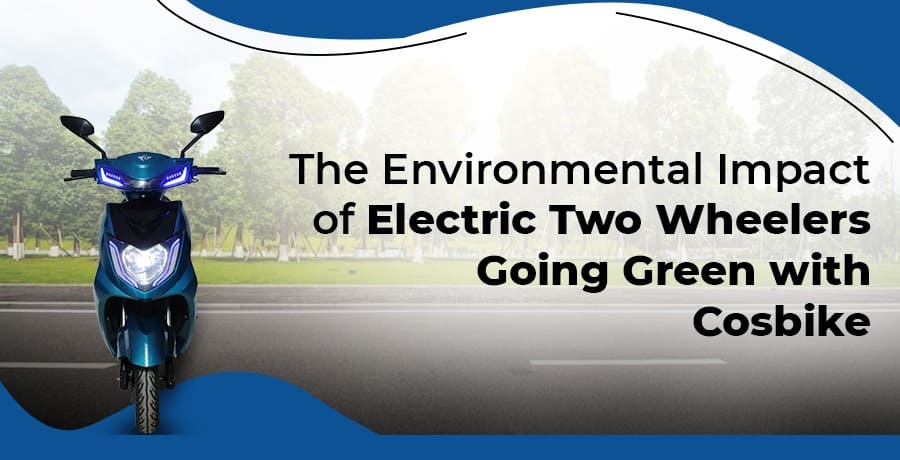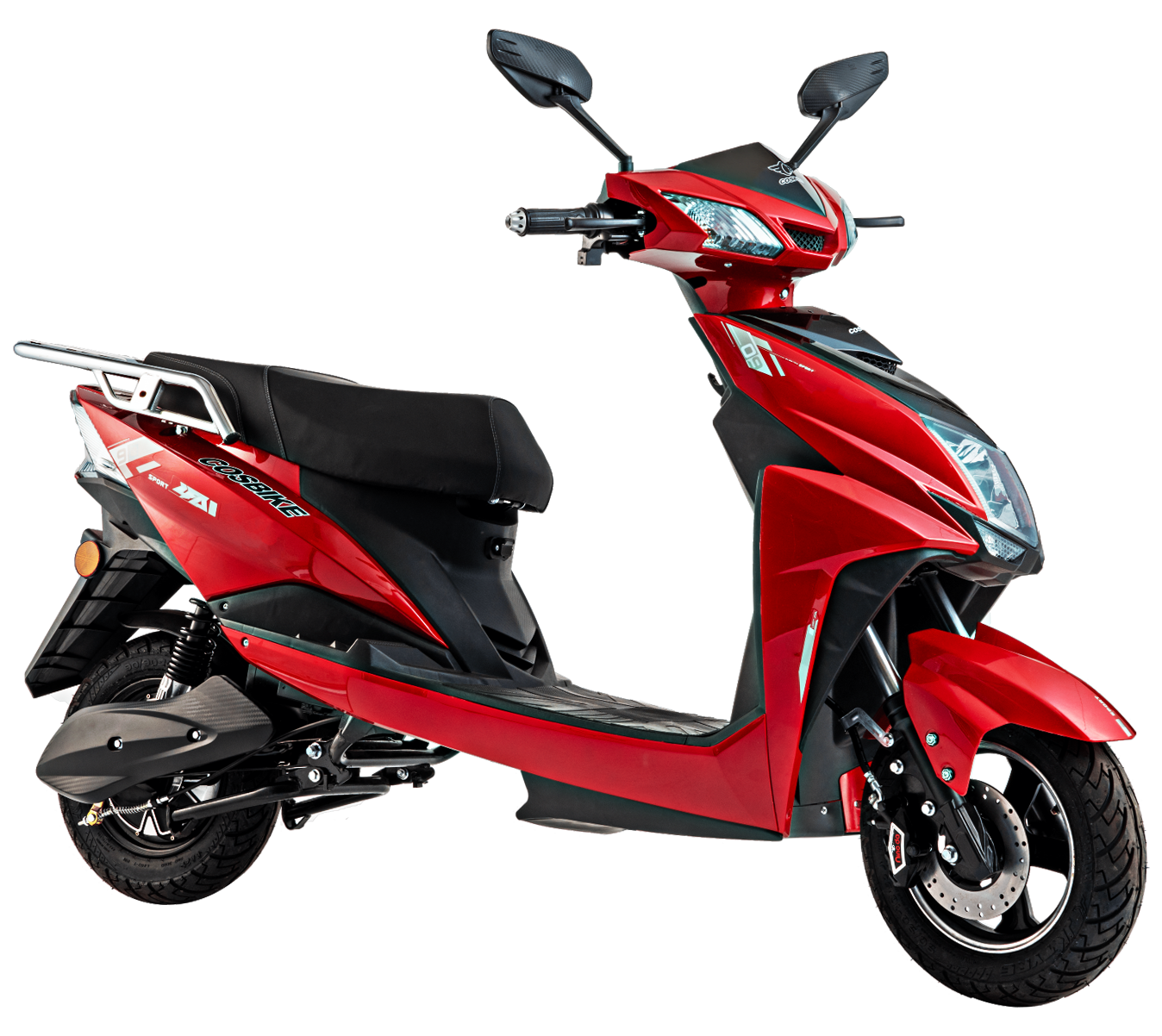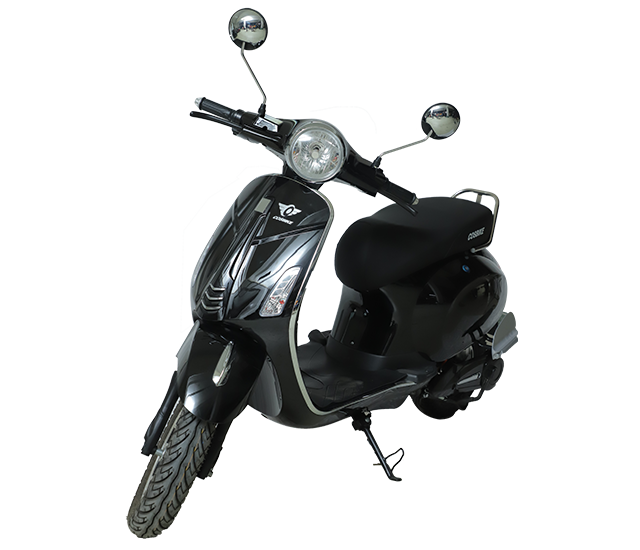Sustainability has emerged as a crucial issue in our ever changing world. Transportation is one sector where there have been major advancements. Traditional Lithium battery operated vehicles have been now replaced by electric two-wheelers, such as electric motorbikes and scooters, which is a great execution to save the environment. We shall have a look on the environmental effects of electric two-wheelers in this blog, which do emphasizes on the advantages electric two wheelers provide in reducing the climatic changes and a step towards a better, cleaner and greener environment.
1. Zero Emissions:
Electric two-wheelers don't generate any pollutants at the tailpipe, in contrast with their counterparts fueled by fossil fuels. Traditional gasoline-powered cars contribute to climate change and air pollution by generating particulates, nitrogen oxides, and carbon dioxide (CO2). Electric two-wheelers create no harmful emissions while in operation because they are powered by electricity, significantly reducing air pollution and reversing climate change.
2. Reduced Greenhouse Gas Emissions:
One of the most important aspects of battling with climate change is reducing greenhouse gas emissions. By using electricity, which is increasingly derived from renewable energy sources like wind and solar power, electric two-wheelers contribute to this goal. Electric two-wheelers continue to produce fewer overall pollutants as the grid gets cleaner, making them a more environmentally beneficial mode of transportation.
3. Energy Efficiency:
Comparing electric two-wheelers to conventional internal combustion engine vehicles, they are significantly more energy-efficient. Electric motors are more effective at using the energy they use because they convert a higher proportion of the electrical energy from the grid to power at the wheels. Because of their greater efficiency, they need less energy to cover the same distance, which further lessens their impact on the environment.
4. Reduced Noise Pollution:
Electric two-wheelers not only help to reduce air pollution but also noise pollution. Because electric motors run quietly, they contribute to a more pleasant and serene environment in cities. Riders and the general public both benefit from this decrease in noise pollution in terms of overall quality of life.
5. Materials and Resource Efficiency:
Lightweight materials and efficient resource usage are common features of electric two-wheelers. Included in this are the batteries, a vital part of electric cars. To have as little influence on the environment as possible, efforts are being made to advance battery technology, lessen the quantity of raw materials needed, and improve recycling procedures.
6. Long-Term Sustainability:
Electric two-wheelers are in line with long-term sustainability objectives given the increased attention being paid to sustainability and the switch to renewable energy sources. In order to protect the environment for future generations, governments, communities, and individuals are beginning to realise how important it is to adopt sustainable transportation solutions.
7. Promotion of Active Transportation:
Two-wheeled electric vehicles promote active travel, which promotes healthier and more active lifestyles. They help to lessen traffic congestion and the ensuing environmental issues by offering an alternative to driving for short- to medium-distance trips.
Conclusion:
Two-wheeled electric vehicles are essential for minimizing environmental impact and advancing sustainability in the transportation industry. Beyond only being convenient for the person, they also aid the environment, public health, and the battle against climate change. Electric two-wheelers will surely become an even more desirable and environmentally friendly option for commuters all over the world as technology develops and renewable energy sources are increasingly adopted. To promote a cleaner and greener future, it is crucial for individuals, companies, and governments to encourage and invest in this innovative mode of transportation.
The Environmental Impact Of Electric Two Wheelers: Going Green With Cosbike
By: Admin | 24 Sept 2023










